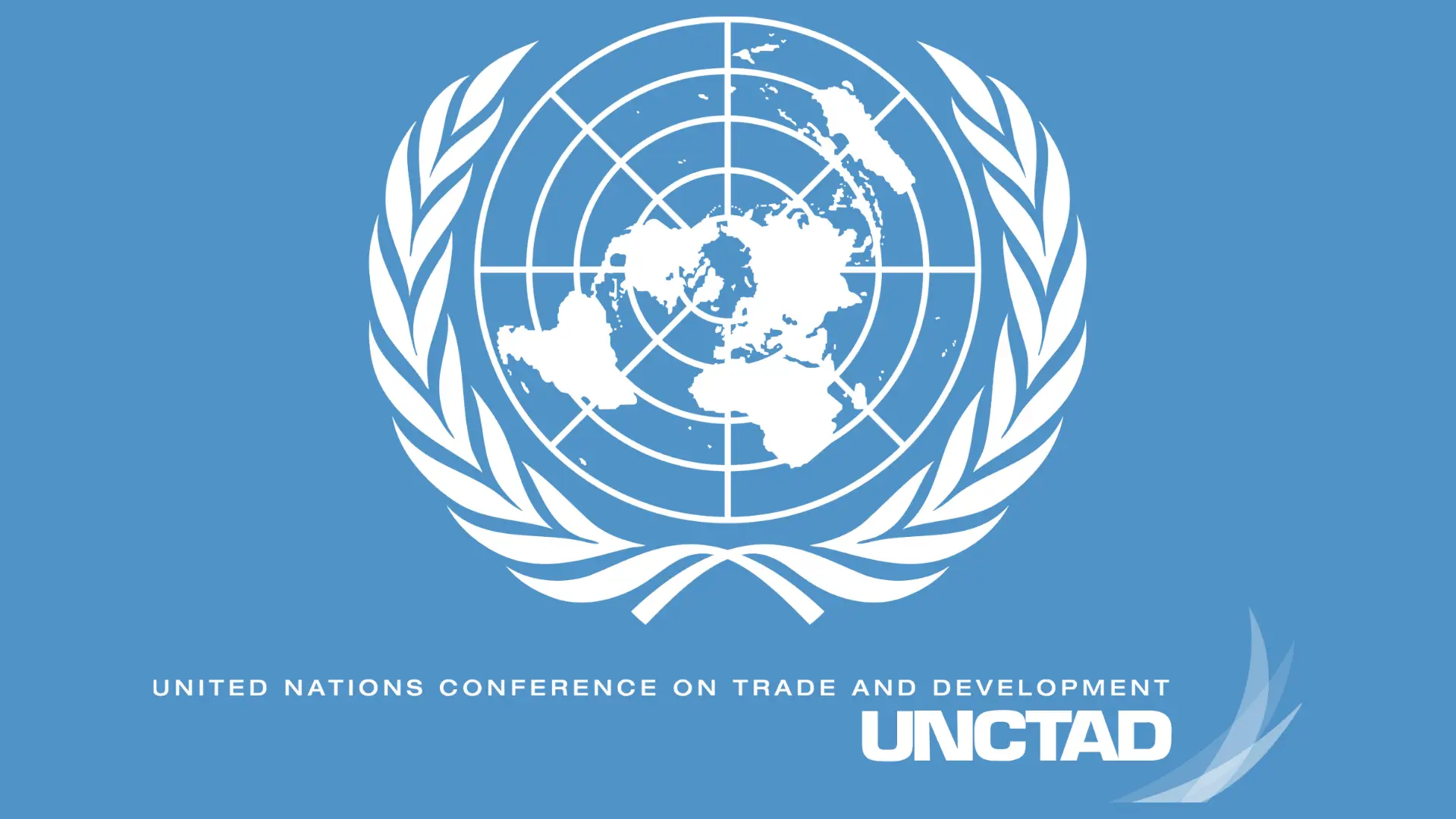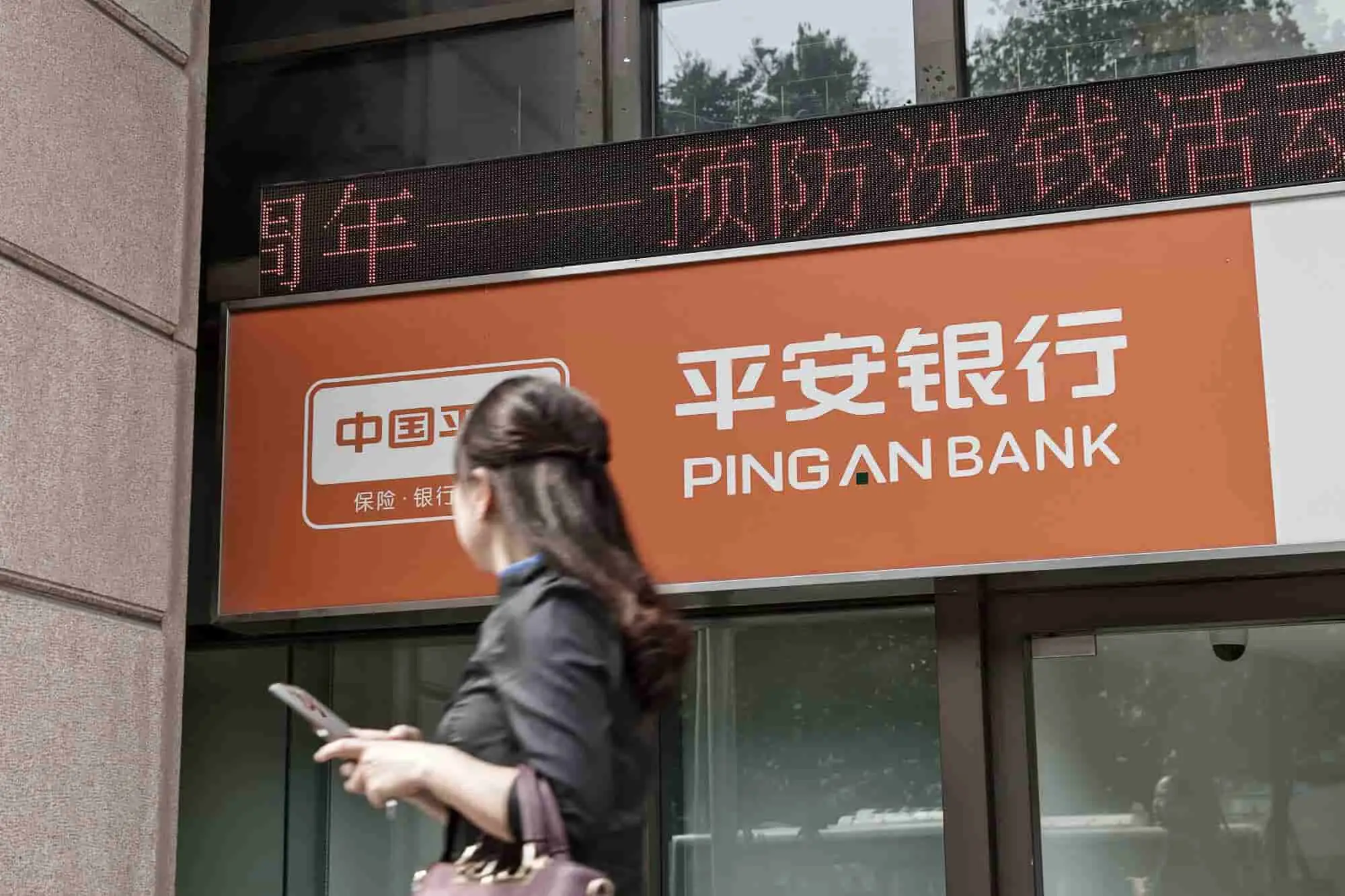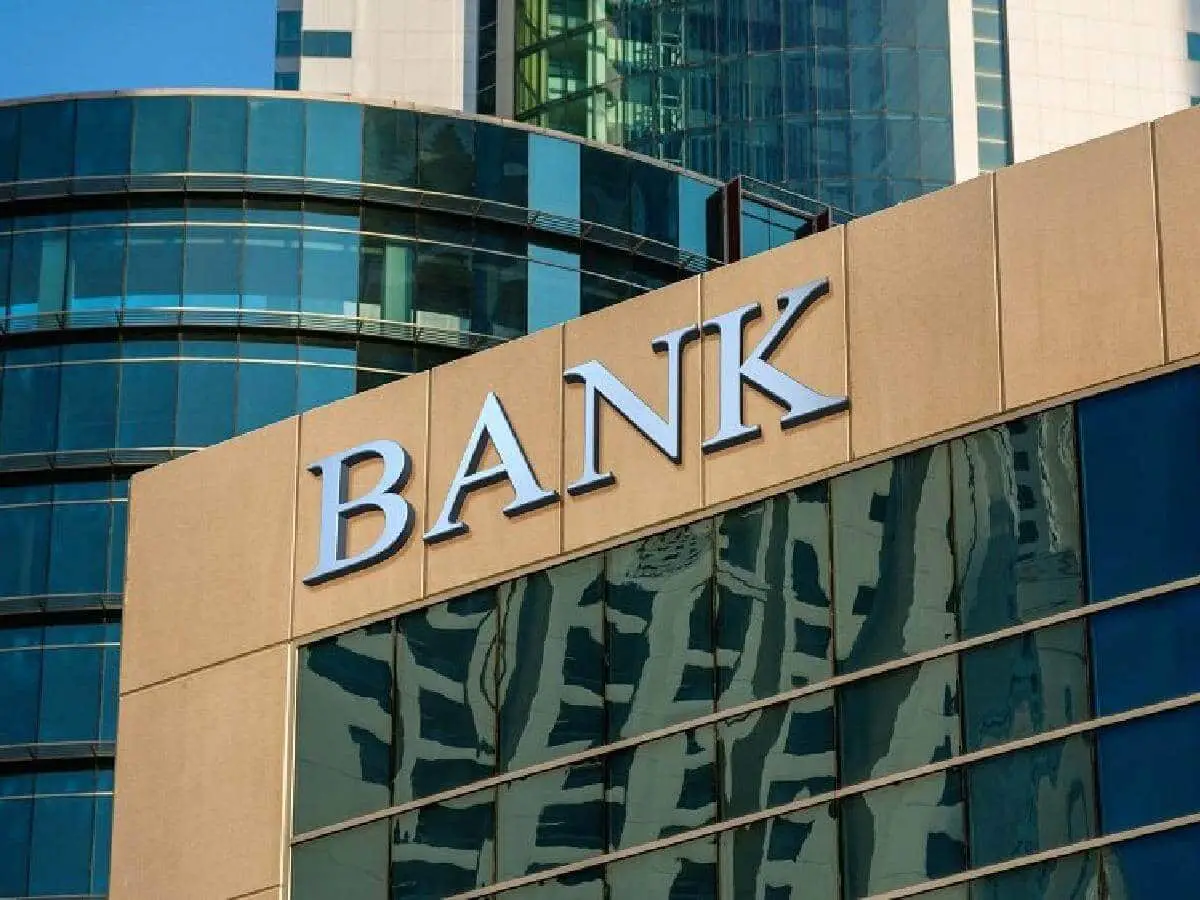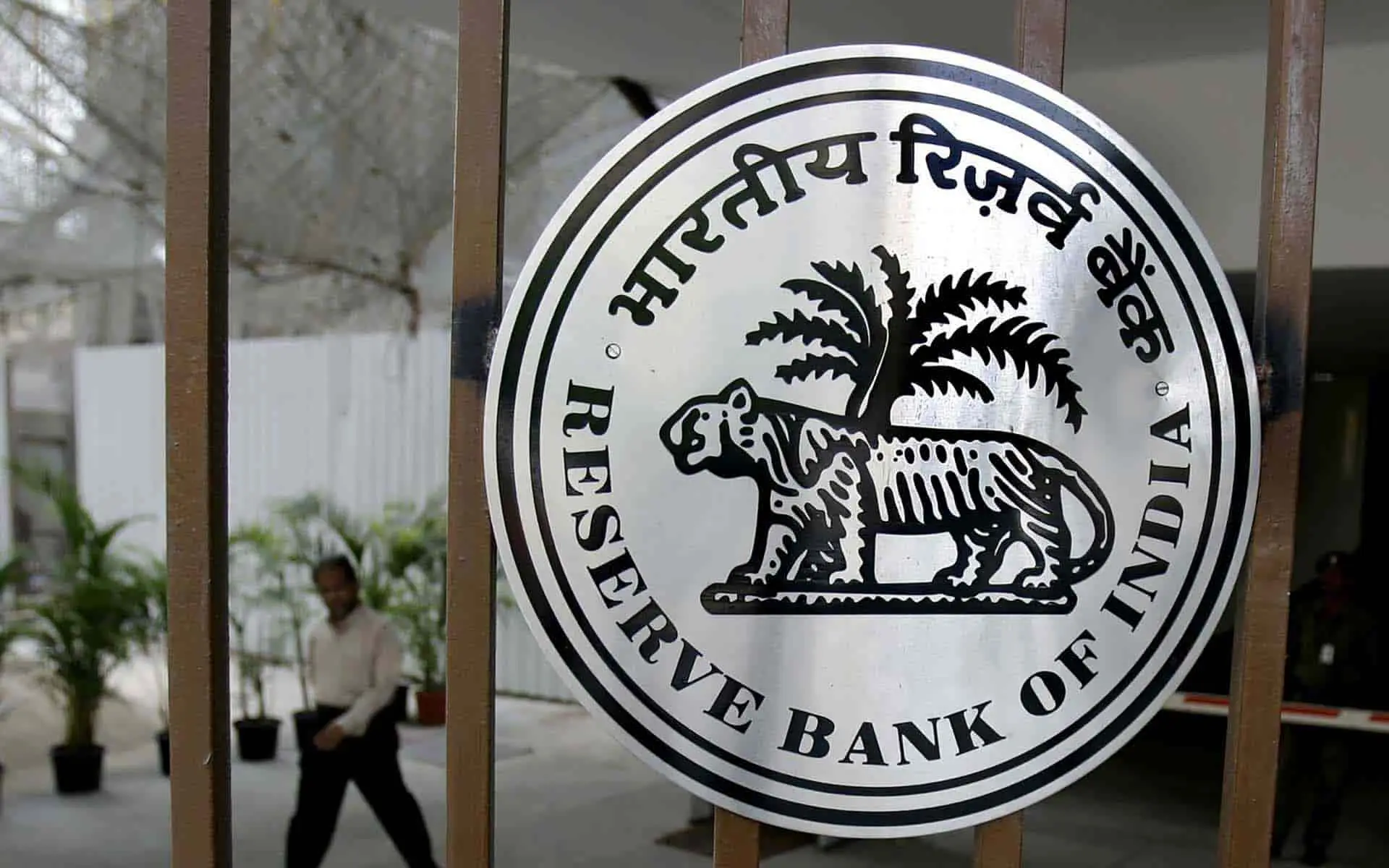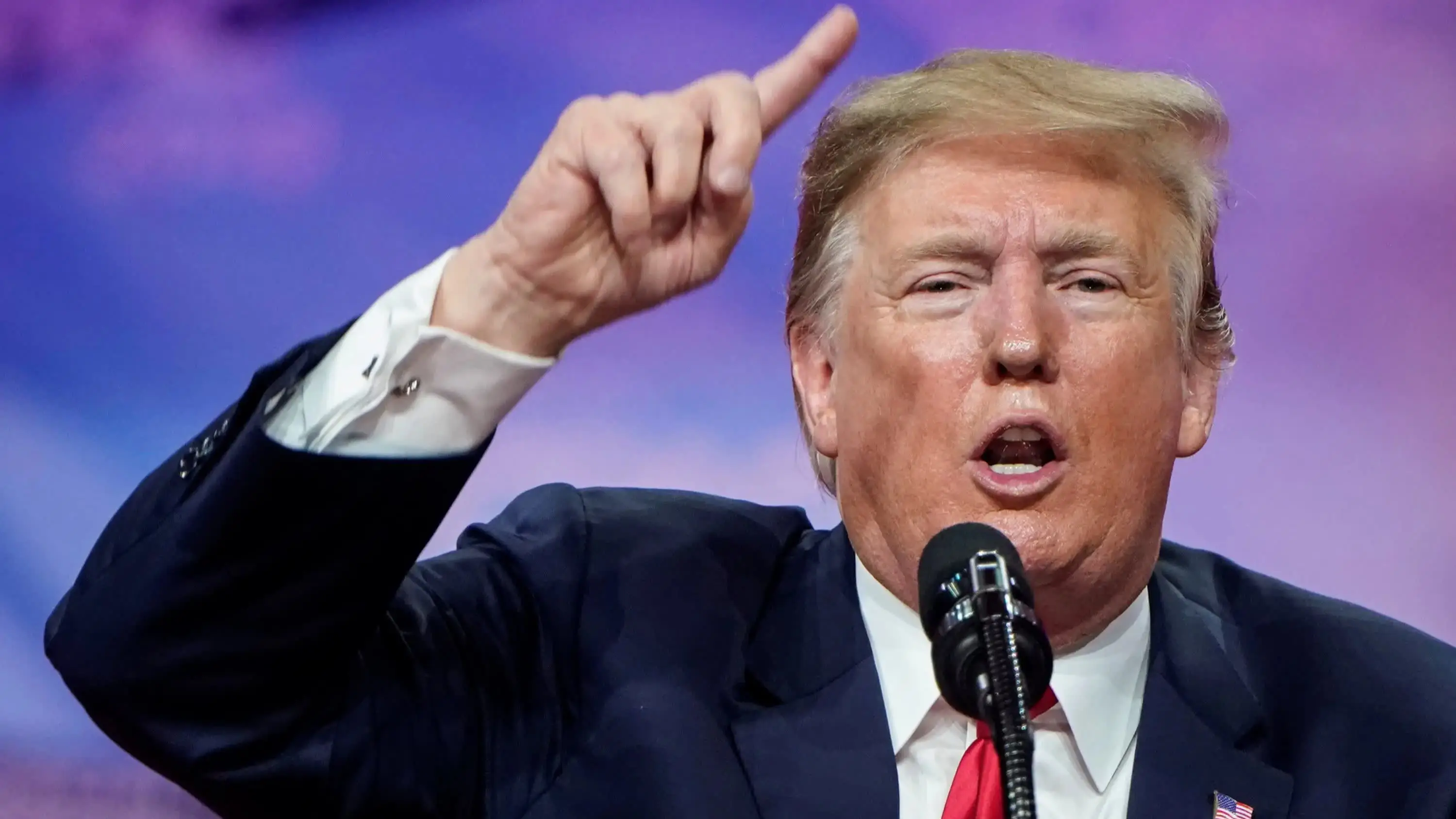With Black Friday ready to jump-start, merchants are preparing to give out the best deals to their customers.
In the midst of all the shopping rage, Kaspersky has geared up for the big day with its brand new interactive device to enable consumers to spot the differences between actual bargains and duplicate sites.
The equipment will inform consumers of the discrepancies that are found between a genuine website and a forged website and ingeniously staged cyber threats while doing online shopping.
The device is introduced in the light of increasing cybercrimes linked to deceptive selling and fooling customers online. The Kaspersky researchers disclosed that the e-commerce cyber crimes had risen dramatically in the past year, and with Black Friday and Cyber Monday around the corner, the likelihood of these attacks increases manifold.
Consumers can employ this tool to inform themselves regarding the warning signs to spot in case of an attack. Here are some general tips that all of us can keep in mind to ensure safe online shopping:
- Don’t hesitate to spend on a strong cybersecurity device to safeguard your private data and money.
- Only use unique and hardest passwords to create shopping accounts and internet banking. If you have trouble remembering all passwords, try out a password manager that you can refer to every time you shop.
- Be extra cautious while shopping online on your smartphones. The short URLs are generally used as tending to be more phone-friendly, but some of them can be utterly risky. While making a transaction, switch off the public wifis and use a secure private connection.
- Avoid websites that look suspicious or inferior regardless of the deals they are offering. Avoid clicking on unusual links.
- Beware of emails and social media attachments and links unless you’re sure of the content.
- Don’t keep massive amounts of money in your bank accounts and use a credit card for shopping.
- Reduce the attempts for transactions over your debit or credit card. Make sure you use 2-factor authentication that is entrusted with secure codes of Visa or MasterCard.
Hence, with a little caution and these simple considerations, we can ensure a safe and happy sale shopping spree!


